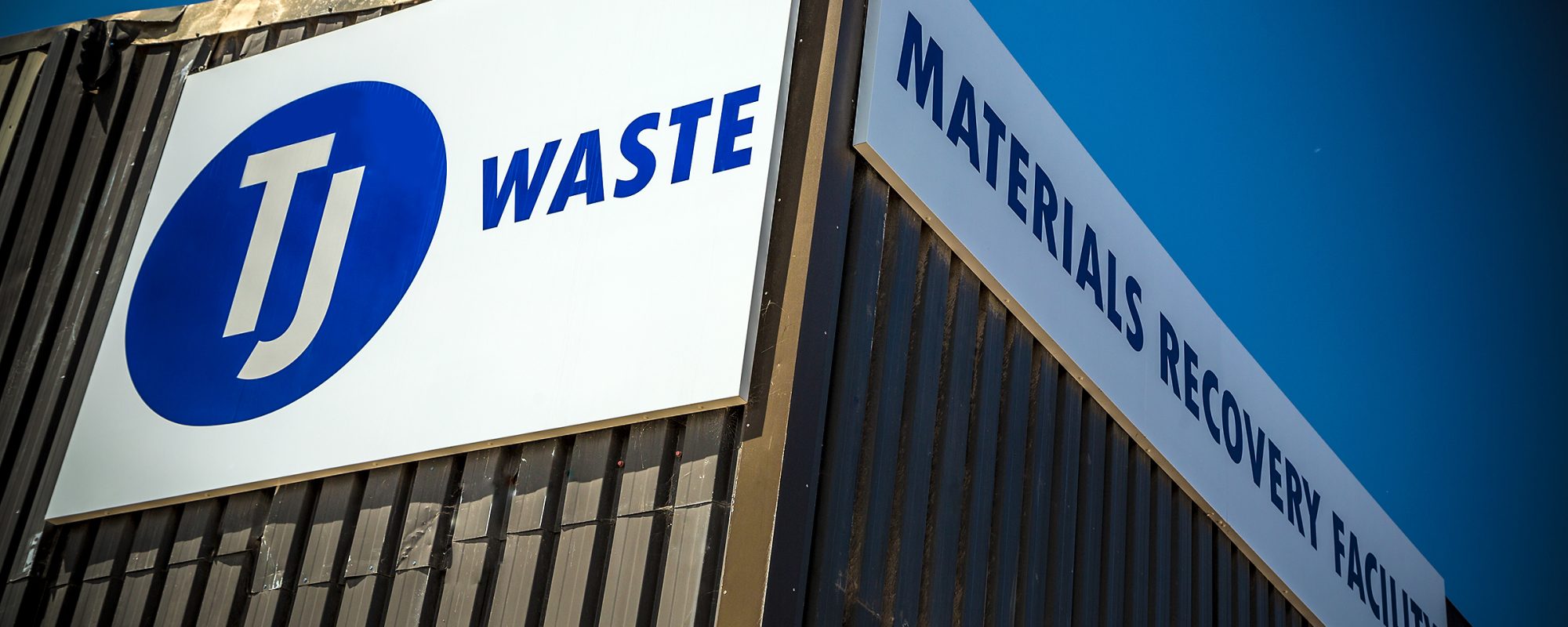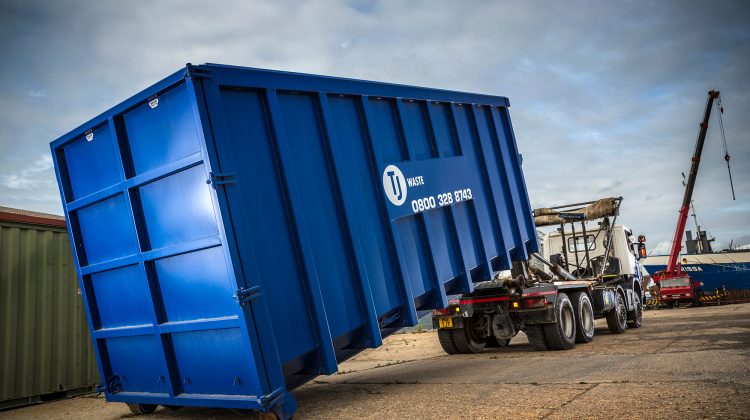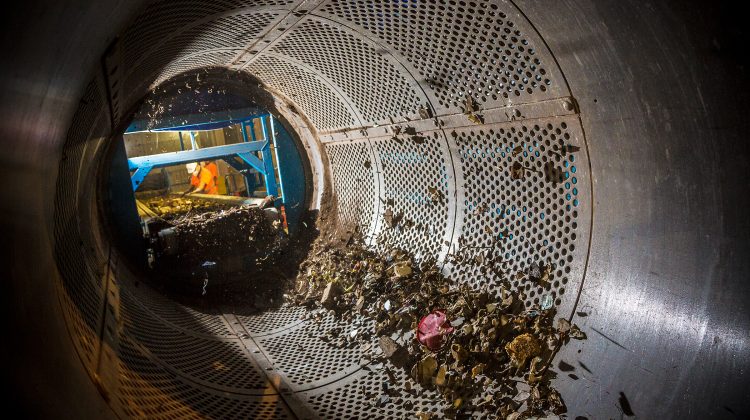The UK is the ninth largest manufacturing nation in the world, with the total value of UK manufacturers’ product sales totalling £396.6 billion in 2019. Manufacturing equates to 11% of the UK’s GVA and employs 2.7 million people.

It wasn’t that long ago that we had just one bin for our waste; we’d simply throw everything in and the bin men would take it all away. We were free to generate as much waste as we wanted, and as long as we left it on our property line by 7am on dustbin day, it would be taken away without a second thought from us.
All this waste went to the tip and then either onto the incinerator or worse, to landfill. This kind of waste management is not sustainable long-term and something had to be done.
In 2000, Friends of the Earth started campaigning for a new recycling bill that would give every household in the country a doorstep recycling service, making recycling as easy as putting the rubbish out. It would mean that by 2010, local authorities would have to provide a separate collection of at least two types of recyclable materials. The results of the 2003 Household Waste Recycling Act, are that the percentage of household waste recycled in the UK reached 43% by 2016.
Even now, what can be recycled varies from council to council, from area to area, depending on what recycling facilities that council has access to. It has to be cost effective so the recycling facilities have to be relatively local.
As an example, materials that can be recycled in Portsmouth and some surrounding areas are:
You can also put out small electrical appliances such as hair dryers or toasters on recycling day – just put them in a plastic bag on top of your recycling bin and they will be taken.
WasteDataFlow and Defra compile data that comes together to create a league table to rank each of the 345 councils in England for their recycling levels. Each council is ranked based on the percentage of household waste that is recycled. Topping the list in 2017/18 was East Riding of Yorkshire with 65% of their household waste sent for recycling.
Some of the south coast councils did not rank well which shows that we all need to do more to recycle absolutely everything we can. Portsmouth has one of the lowest recycling rates in the country and is currently at position 331 with a recycling rate of just 24.8%. Southampton didn’t fare much better coming in at position 311 with a recycling rate of 29.5%.
In 2018, Portsmouth City Council introduced a new wheelie bin scheme to reduce the amount of waste residents are allowed to put out for their weekly collections in a bid to encourage them to recycle. Indications earlier this year showed that the change had made a difference with recycling percentages already starting to creep up.
Companies are taking recycling more seriously in recent years, with many suppliers and retailers cutting back on packaging and plastics. This year McDonalds have switched from plastic to paper straws in a bid to cut down their plastic waste. Some retailers are opting for paper carrier bags now instead of plastic and all plastic one-use carrier bags are now chargeable to encourage consumers to go for the longer-lasting ‘bag for life’ option, which cuts down plastic waste.
TJ Waste are avid recyclers with processes in place to ensure that any waste that comes their way is thoroughly sorted and where possible, recycled. As well as the standard waste streams of paper, cardboard, wood, metal and glass, TJ also recycle materials such as rubble, soil and concrete. These are taken to TJ’s Butser Quarry and crushed into useful aggregates such as 6F5 crushed concrete, 6F5 track ballast, type 1 crushed concrete, type 1 reclamix and screened soil.
TJ has four materials recycling facilities dotted along the south coast, where all waste is taken to for sorting and onward recycling. These centres are staffed by experienced operators and drivers to ensure a first-class service. They also have three inert recycling facilities in Yapton, Bordon and Ringwood. Inert wastes (concrete, brick rubble, ceramics) are mechanically separated and turned into construction materials, such as 6F5 Crushed Concrete, under the Waste Resource Action Plan (WRAP) protocol.
TJ is working in partnership with two local companies to help divert plastic ice cream tubs from landfill and direct them into the recycling process. Jude’s Ice Cream are one of TJ’s clients and when TJ established a new recycling process for certain types of plastics, they soon realised that Jude’s unwanted plastic ice cream tubs and offcuts would be ideal for it.
Jude’s confirmed that they were happy for their plastics to be recycled and instructed TJ to organise this for them. When the plastic ice cream tubs are recycled, they are made into a new product – pellets – which will then be moulded into new plastic products. The latest equipment for recycling plastic materials is used in this recycling process to ensure that the highest quality products are maintained.
TJ offer skip hire and commercial waste management to businesses big and small. They can help your business manage its waste effectively and efficiently. From something as simple as a single skip, right up to a number of waste streams in multiple locations. TJ can help you create a Site Waste Management Plan if you need one and organise weekly or regular collections of different types of waste including general, recyclables, hazardous and WEEE.
Get in touch to find out more about the services TJ can offer your business.

The UK is the ninth largest manufacturing nation in the world, with the total value of UK manufacturers’ product sales totalling £396.6 billion in 2019. Manufacturing equates to 11% of the UK’s GVA and employs 2.7 million people.

With the UK’s population continuing to grow, the waste industry is under increasing pressure, and the need for innovative, sustainable solutions has never been greater. From staggering statistics to surprising insights, check out our 10 shocking waste facts that might just change the way you think about rubbish.

Barney joined TJ Waste in February as an Operations Administrator and is enjoying learning all about the waste industry. Outside of work Barney is an avid football fan and plays five-a-side once a week. He also enjoys live music, Formula 1 and MotoGP.
Change your stored postcode to update prices for your location.
Notifications